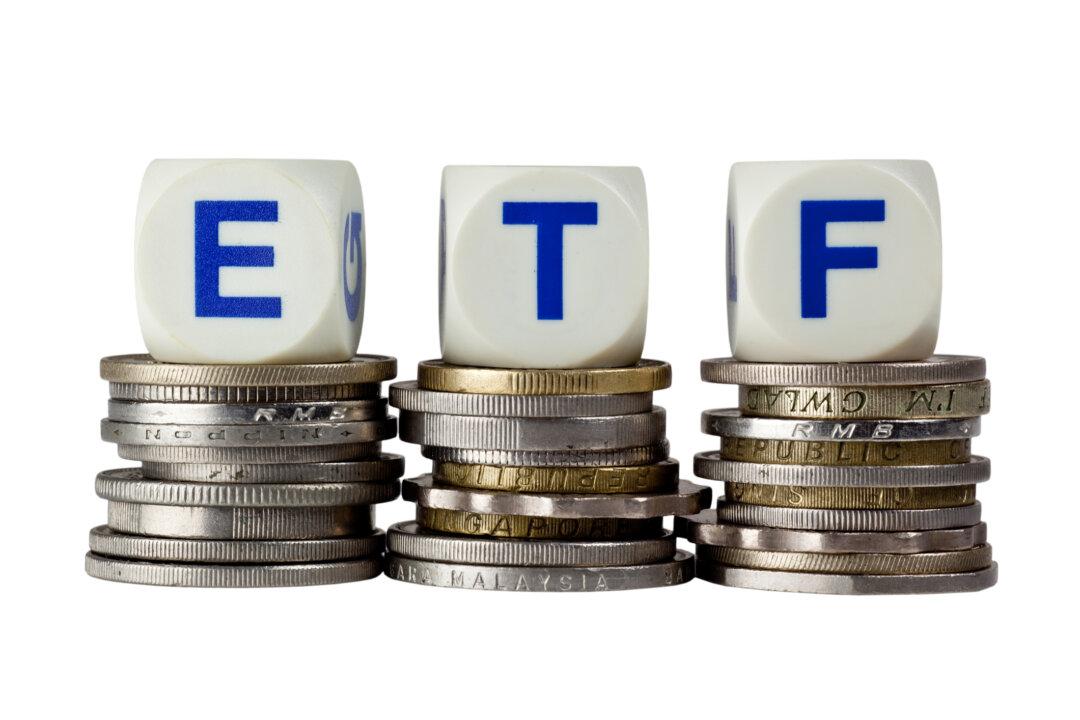The United States’ review of tariffs on more than $300 billion in Chinese imports that’s required as the duties reach their four-year anniversary will likely take months, a top trade official said.
At the same time, that won’t prevent the Biden administration from taking other steps such as exclusions from duties in tandem with that analysis, U.S. Trade Representative General Counsel Greta Peisch said Wednesday at an event hosted by Georgetown University’s law school.
“We want to undertake a review as soon as we can,” she said, referring to the so-called review of necessity. “In part, it will be driven by the volume of responses that we are receiving—going through those, ensuring we have a really good process to consider them. Given that, it’s likely to be months, but again, we want to complete it as quickly as we can.”
Earlier this month, the Biden administration said it was taking the first step toward a review of the tariffs—a process that’s required to keep them from starting to automatically expire in July. Representatives of industries that have benefited from the Trump-era duties have until July 6 to provide comments and request a continuation of the levies.
While some businesses have gained from the tariffs protecting them from Chinese import competition, others that use the Chinese goods as inputs in areas including manufacturing have been hurt by them. Both Democratic and Republican lawmakers have pushed the Biden administration to broaden and deepen the exclusion process for the tariffs and review past product denials.
President Joe Biden on Monday said he’s considering removing some of the tariffs and would talk with Treasury Secretary Janet Yellen about it after returning to the U.S. from a trip to Asia.
Yellen last month suggested the United States is open to scaling back the widespread Trump-era tariffs on merchandise imports from China to help provide relief to Americans dealing with inflation at a four-decade high. But U.S. Trade Representative Katherine Tai has highlighted the leverage that the duties provide at the negotiating table with China and said that the United States must be “strategic” when it comes to a decision on whether to remove the duties.
“On thinking about exclusions or thinking about changes to the tariff action, it is something that we’ve been examining and looking at even apart from the review—the information we get through the review will help us think through those issues,” Peisch said. “It is certainly possible that the exclusion process or some other action could be taken before that review is finished.”
Peisch said that the administration is looking past tariffs at what type of market access it can provide countries through other means as part of the Indo-Pacific Economic Framework with a dozen nations unveiled earlier this week.
She said the agreement isn’t about isolating China, but rather seeks to ensure that countries in the region have a choice and a way to diversify trade.





